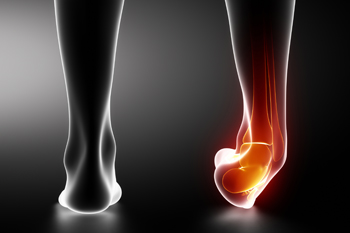
(616) 846-3400
Fax: (616) 846-3406

(616) 846-3400
Fax: (616) 846-3406

Ankle dislocations are serious injuries where the bones in this complex joint lose their proper alignment. An ankle dislocation usually involves the shin bone, or tibia, and the foot bone, or talus, coming apart. Often, this injury is accompanied by breaks in the lower parts of the shin bones and damage to the ligaments that keep the ankle stable. In rare cases, just the ligaments can be injured, causing dislocation. These injuries are typically caused by trauma such as falls, car accidents, or sports injuries. The direction of dislocation depends on how the foot is positioned and the force applied. For example, when the foot points downward, the ankle might dislocate backwards. Twisting injuries can cause the ankle to dislocate sideways. Dislocations are very painful. They often cause visible deformity, swelling, bruising, and possible numbness or tingling if nerves are affected. Standing or walking is often impossible. If you believe your ankle may be dislocated, it is suggested that you make an emergency appointment with a podiatrist for an exam and treatment.
Ankle pain can have many different causes and the pain may potentially be serious. If you have ankle pain, consult with Dr. Robbi Young from Grand Haven Foot & Ankle. Our doctor will assess your condition and provide you with quality foot and ankle treatment.
Ankle pain is any condition that causes pain in the ankle. Due to the fact that the ankle consists of tendons, muscles, bones, and ligaments, ankle pain can come from a number of different conditions.
Causes
The most common causes of ankle pain include:
Symptoms
Symptoms of ankle injury vary based upon the condition. Pain may include general pain and discomfort, swelling, aching, redness, bruising, burning or stabbing sensations, and/or loss of sensation.
Diagnosis
Due to the wide variety of potential causes of ankle pain, podiatrists will utilize a number of different methods to properly diagnose ankle pain. This can include asking for personal and family medical histories and of any recent injuries. Further diagnosis may include sensation tests, a physical examination, and potentially x-rays or other imaging tests.
Treatment
Just as the range of causes varies widely, so do treatments. Some more common treatments are rest, ice packs, keeping pressure off the foot, orthotics and braces, medication for inflammation and pain, and surgery.
If you have any questions, please feel free to contact our office located in Grand Haven, MI . We offer the newest diagnostic and treatment technologies for all your foot care needs.